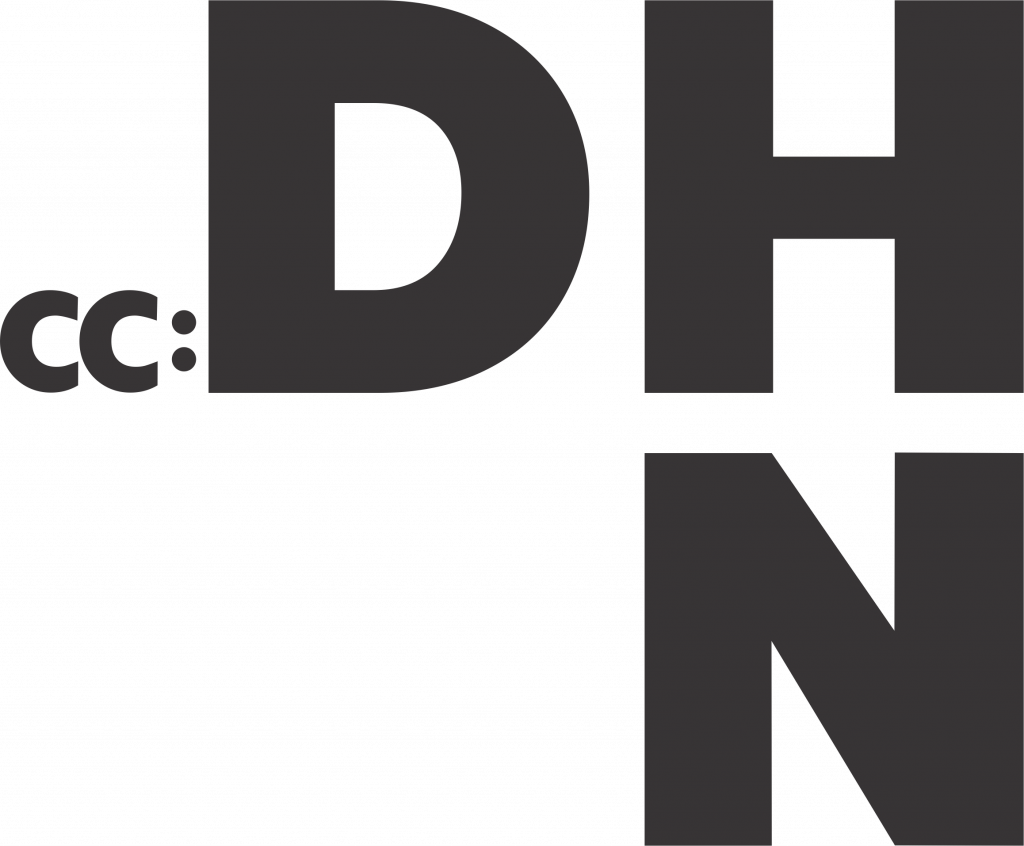
- This event has passed.
Text Processing – Techniques & Traditions
June 3, 2024 – June 7, 2024
Format
in person/face-à-faceThis course provides a practical introduction to the accumulated wealth of text processing tactics and strategies that underpin much digital humanities practice. Methods like text analysis, TEI encoding, programming and scripting all rely on underlying systems, interfaces, and paradigms for dealing with digital text, some of which are many decades old. This course asks: Why are the tools we use the way they are, and why are they not otherwise? Over the week we’ll look at a range of basic tools and toolkits — from the command line and Unix tools through XML and JSON — and explore methods for making text processes more efficient and more convivial. We’ll consider these systems in the context of the cultural histories of computing and publishing technology from which they arise. Participants should bring a laptop and an article or other body of text to work with over the week.
This offering is co-sponsored by Publishing@SFU.
This course combines lecture, seminar, and hands-on activities. Consider this offering in complement with: Online Collaborative Scholarship: Principles and Practices (A CWRCShop); Web Development for Beginners, with Ruby on Rails; Creating LAMP Infrastructure for Digital Humanities Projects; [Foundations] Fundamentals of Programming/Coding for Human(s|ists); Regular Expressions; and more!
